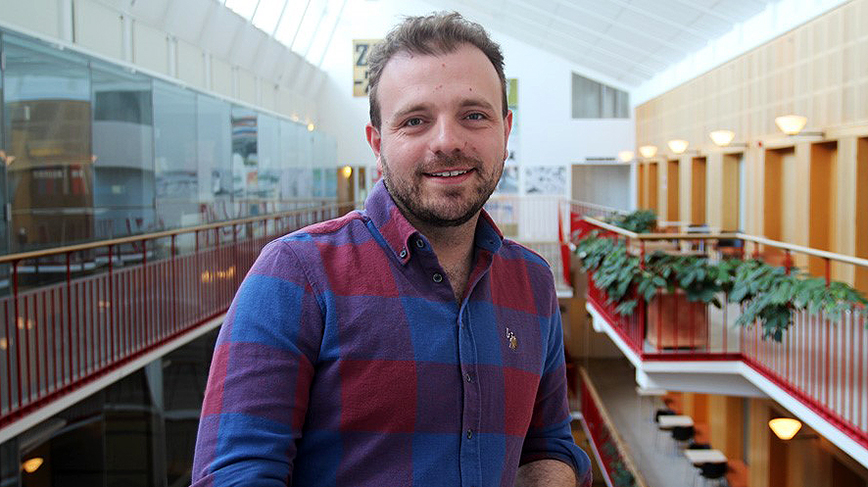Course takes a critical look at assumptions about sustainability

A new PhD course examined how common assumptions about sustainability feed into research and what can be done about it.
Led by Associate Professor Emrah Karakaya, the four-day course, Reflexive and Critical Perspectives on Sustainability Transitions, brought together doctoral students and nearly a dozen leading research experts from around the world.
“I think the sustainability discourse both in research and the public domain is usually dogmatic, often picturing sustainability as a black-and-white issue,” Karakaya says. “We need to challenge our own assumptions about what we see as sustainable or unsustainable; and for whom and in which context these assumptions may hold true.”
What kinds of assumptions are there in sustainability-driven research?
“It can be any kinds—just to name a few: assumptions about what makes our world unsustainable, whether for example it’s CO2 emissions or social injustice; or what make our world more sustainable, green technology or economic de-growth, globalization or de-globalization? It can be assumptions about how the reality is created, how we can perceive it and how we can generate knowledge about it.”
When you talk about how the reality is created, what do you mean?
“Research is usually based on assumptions about whether there is a single reality out there or whether multiple realities exist in individual minds. For instance, a researcher could assume that electrification is good for sustainability while another researcher can claim the opposite. If you think there is single reality out there, you can suggest that one of these researchers is wrong. If you assume there are multiple realities, then the suggestion could be that both researchers are right in certain circumstances. I am of course oversimplifying.”
What drives these assumptions in sustainability – is it market or funding based?
“It’s every one of us who drives them. Assumptions are more visible in research but they are also in our daily lives. Of course, the market and funding are influential as well. But, it is people who constitute the market and funding, isn’t it? They are not external to us. We base decisions on assumptions in order to move forward, but assumptions can change from time to time and place to place.”
David Callahan
